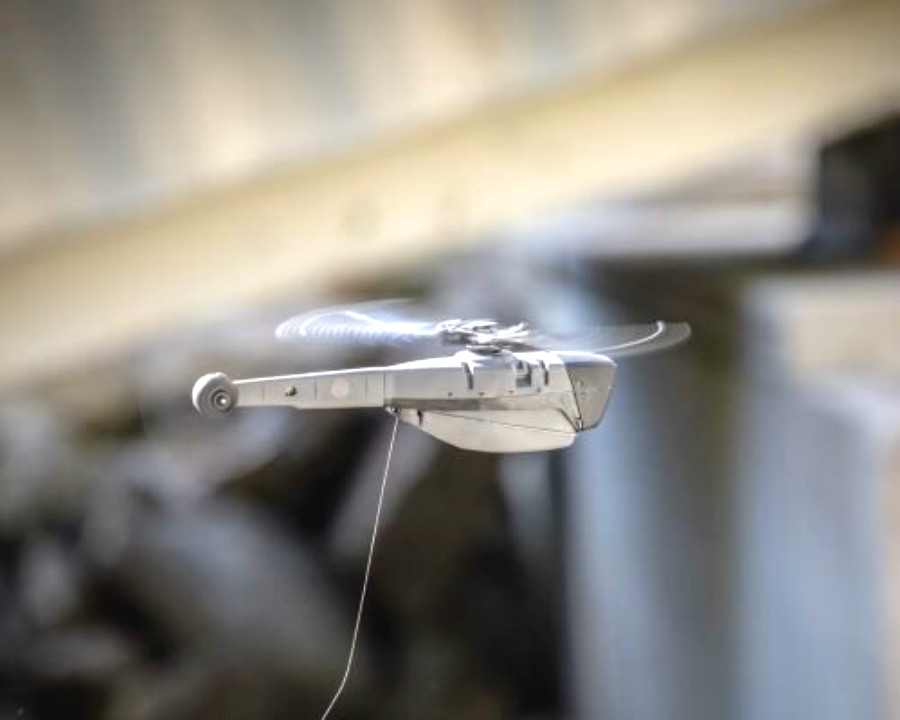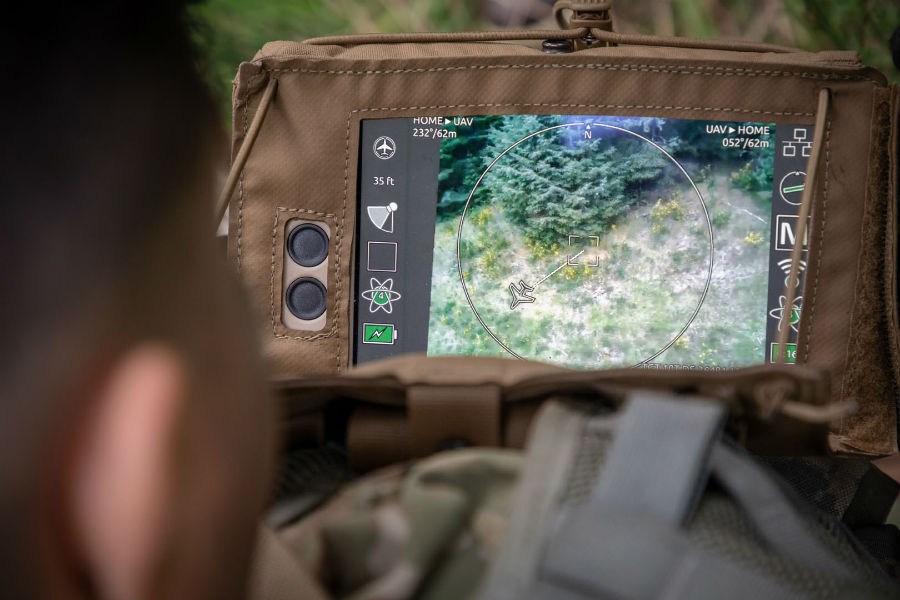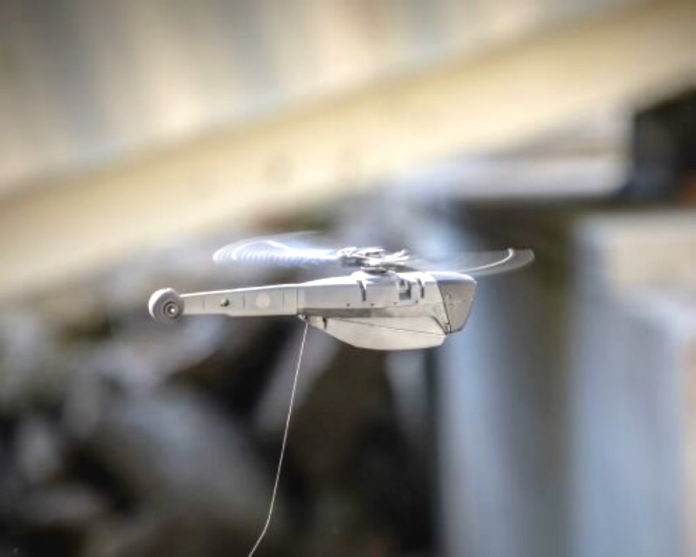
(FLIR via University of South Australia)
A team of material scientists in Australia has given defence drones the chameleon effect, letting it change colour matching the background. The drones are made of lightweight panels that are able to change colour on demand, giving a solution for one of the main issues any surveilling drone has, which is the changing background.
The ability to camouflage or stay undetected is critical in military surveilling operations. And it is believed these drones would be used for services in ‘Intelligence, Surveillance and reconnaissance (ISR)’ operations. This is not the first time that the Australian Department of Defence getting the service of unusual unmanned aerial vehicles (UAV). The pen size, “Black Hornet’ drone is one such special item in their collection on ISR.

About The Technology In Use
The drones are made of special lightweight panels that change their colour on demand. They are made of a special type of polymer called “electrochromic materials”. A change in the electric field or specific voltages causes their colour to change.
What Is So Special About This One?
According to Dr Kamil Zuber, the lead researcher of the study, “Similar technology has been used in luxury cars, for dimming mirrors, and on the windows of the Boeing 787 Dreamliner, but those applications are slow, require high power consumption to switch, and the electric flow must be maintained to sustain the changing state. Our panels, on the other hand, have switching speeds in the range of seconds and offer colour memory, which means they retain their switched colour without a continuously applied voltage.”
The panels’ colour can be changed with the use of an AA battery as it needs only -1.5 to +1.5 volts to be activated. According to the researchers, the panels not only has the chameleon effect but are also lightweight, cheaper, durable and can be both flexible or rigid.
So far in the study, the researchers have built a lightweight drone model with their special panels and successfully tested it for validation in many different types of sky conditions and colours. “We have five or six different materials, and each of the materials can produce two to three distinctly different colours,” adds, Dr Zuber.
The scientists are now working on finessing and advancing their product to integrate autonomic function and self-awareness to the system. “At this stage, we’ve been working mainly on the panels and the hardware, but during the latest stage of the project, we’ve developed prototype electronics for the controller, which is something that could test the state of the sky and then automatically adjust the voltage to the panel to tune it to the right colour. So, if the UAV passed in front of a cloud, it would turn pale, then when it moved back into the blue sky, it would turn back to blue,” says Dr Zuber.
The research is a combined effort of the Australian Department of Defence and the University of South Australia.

